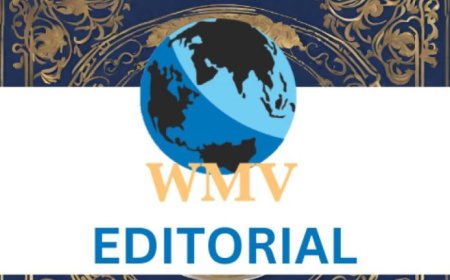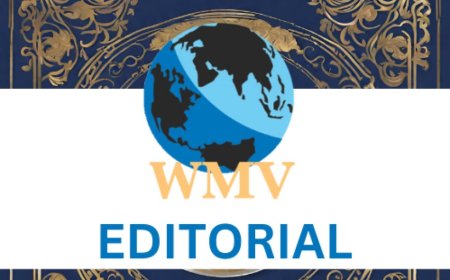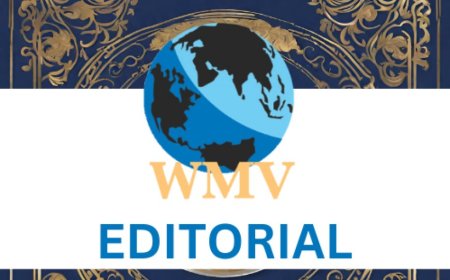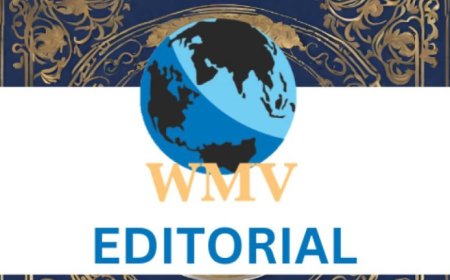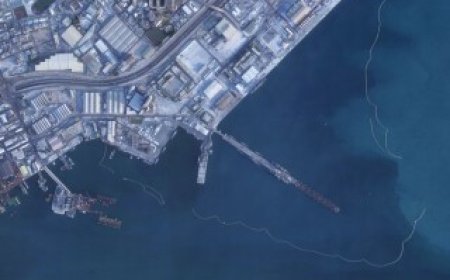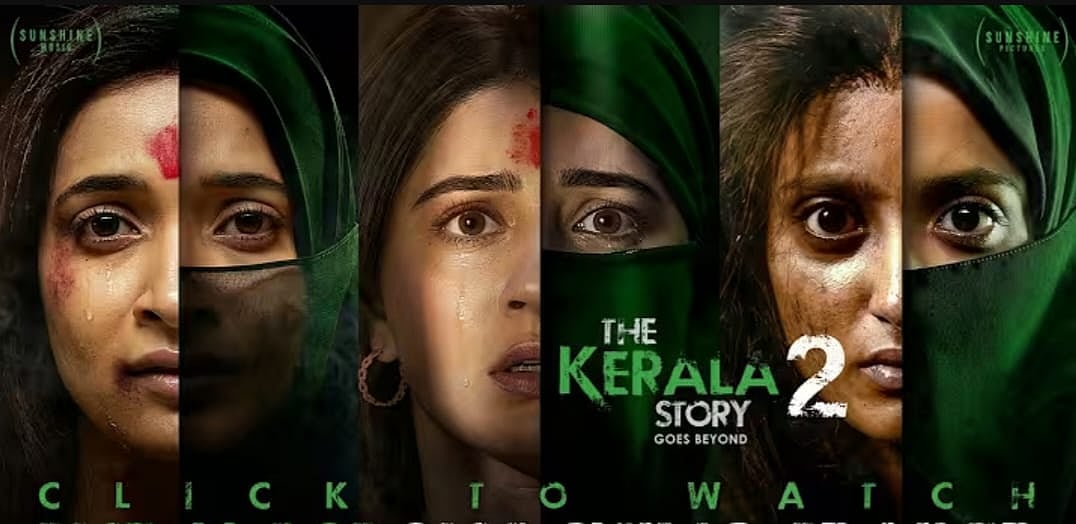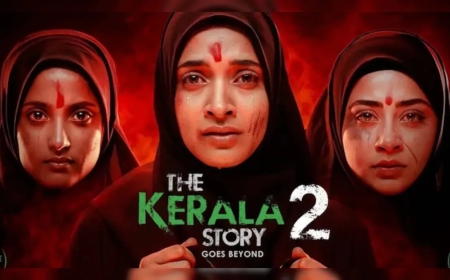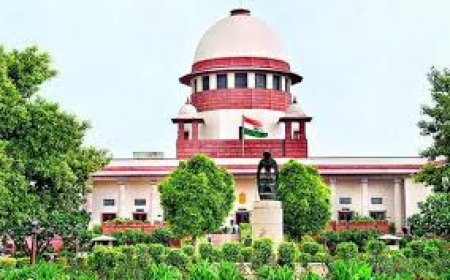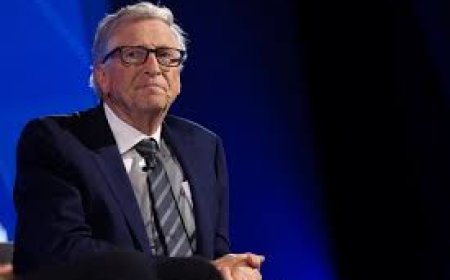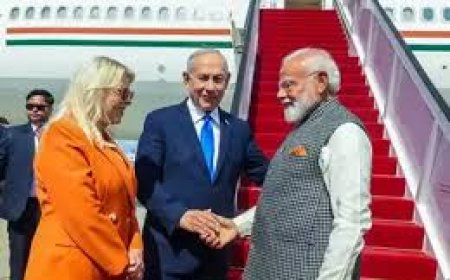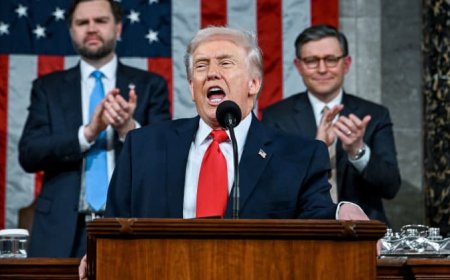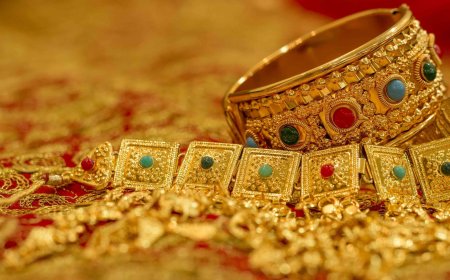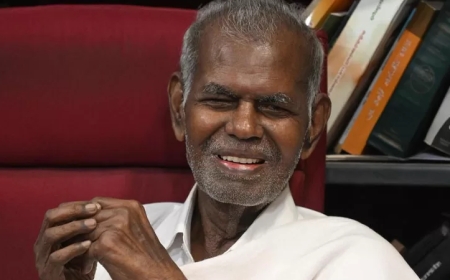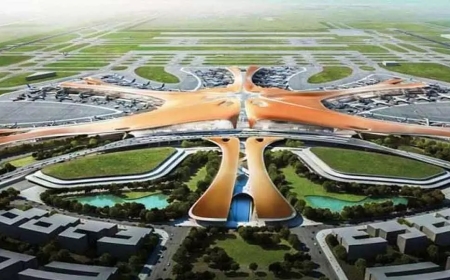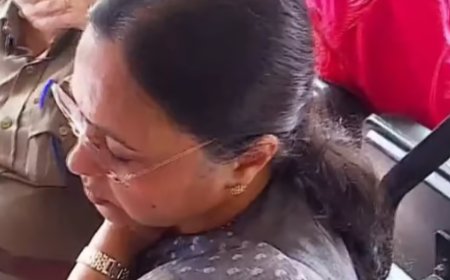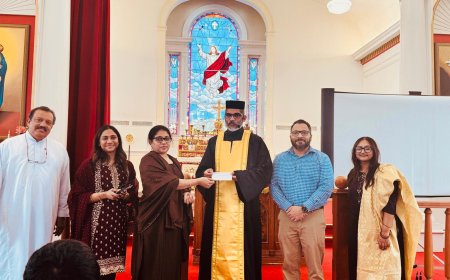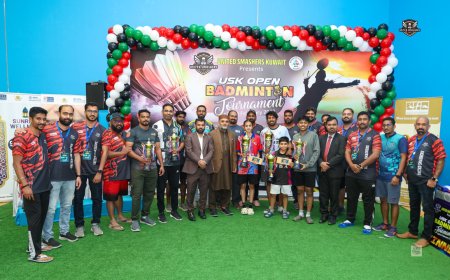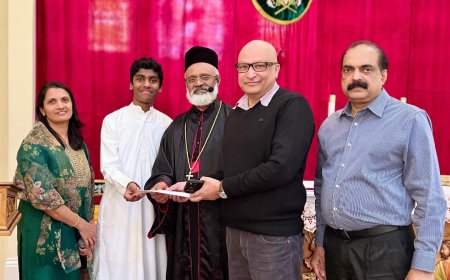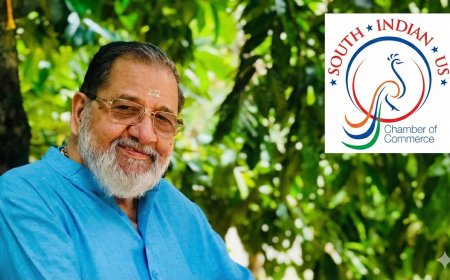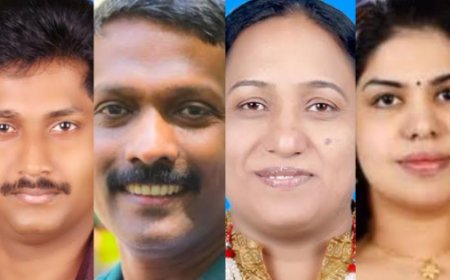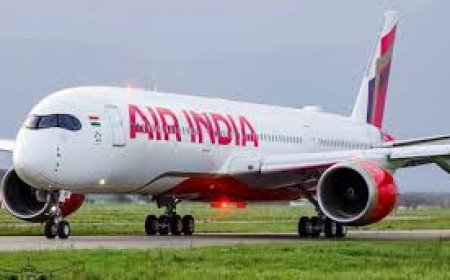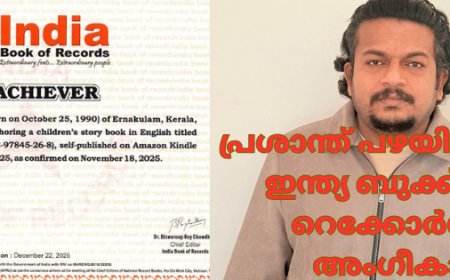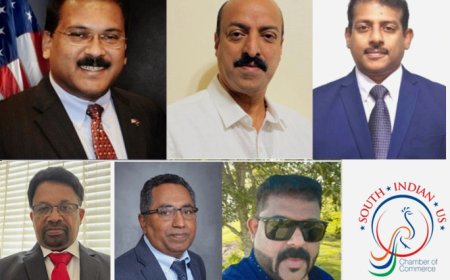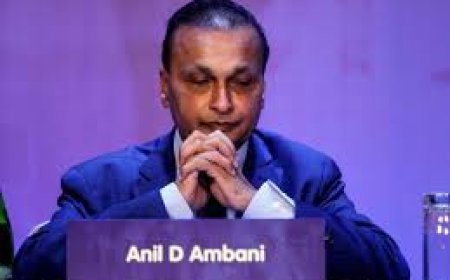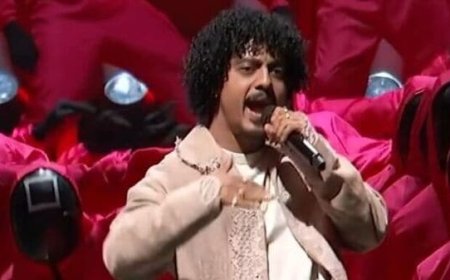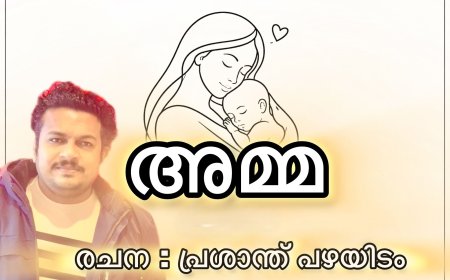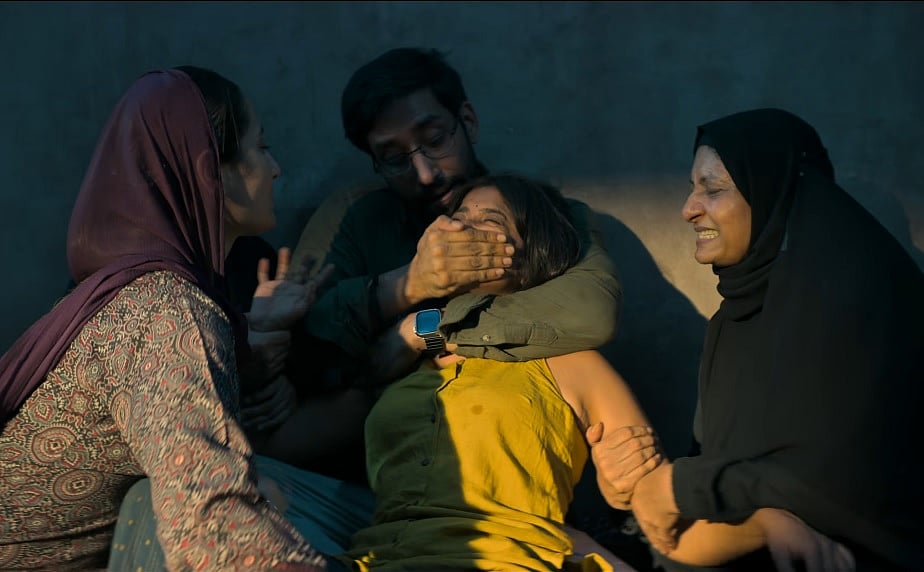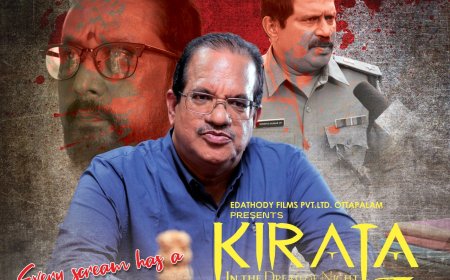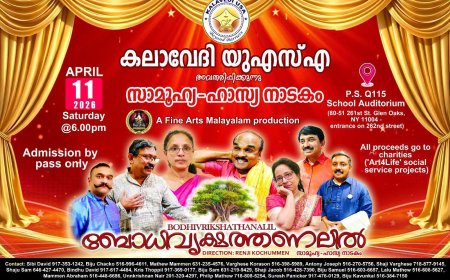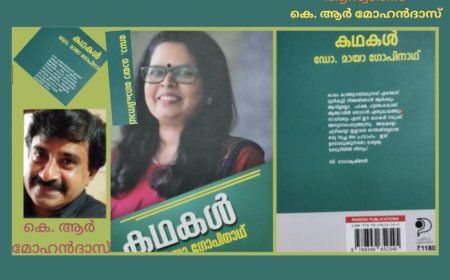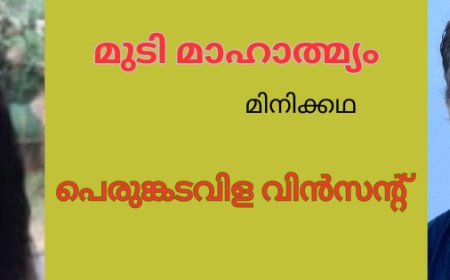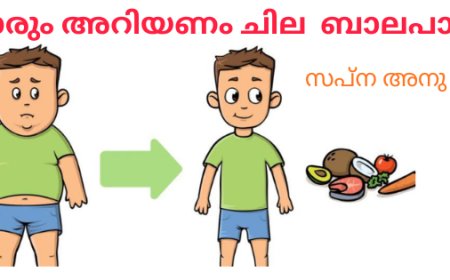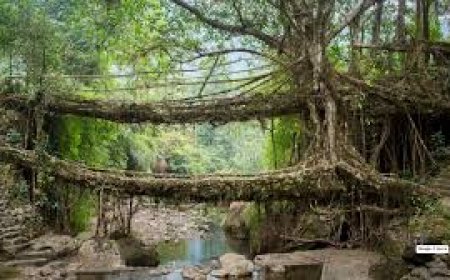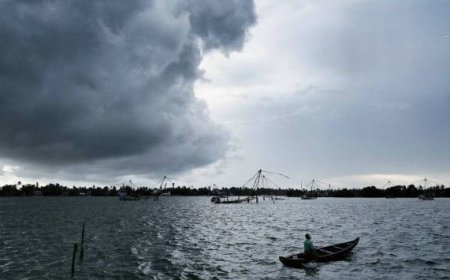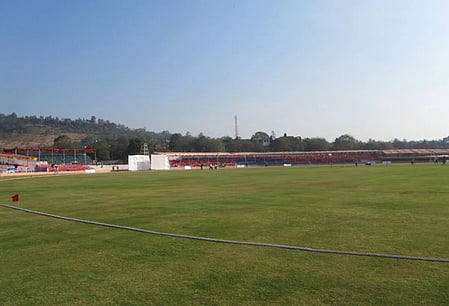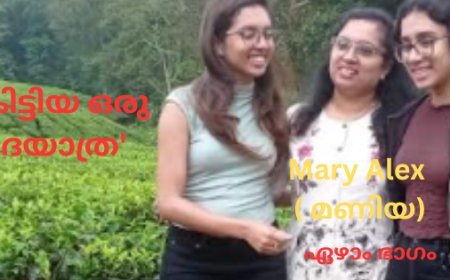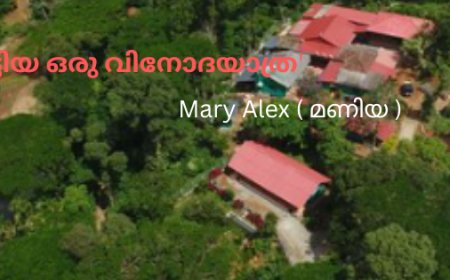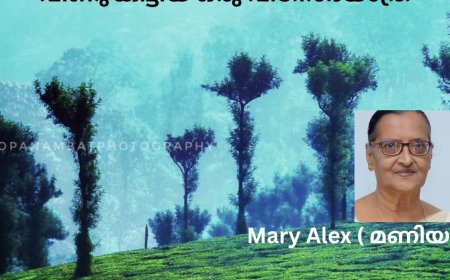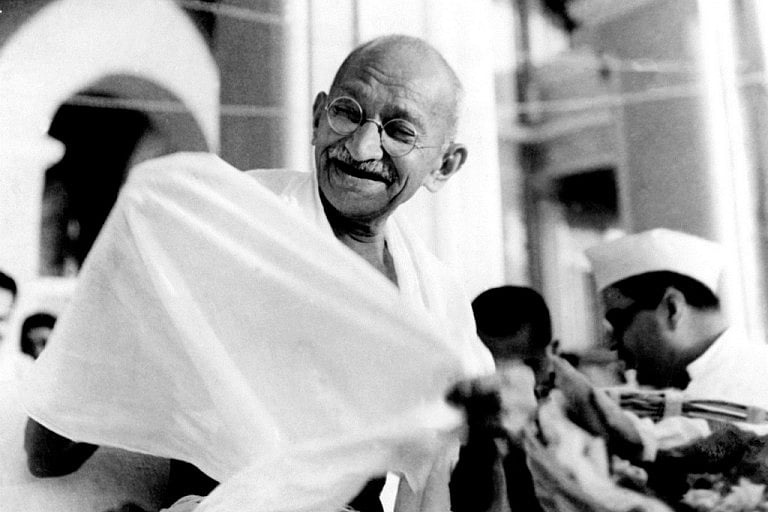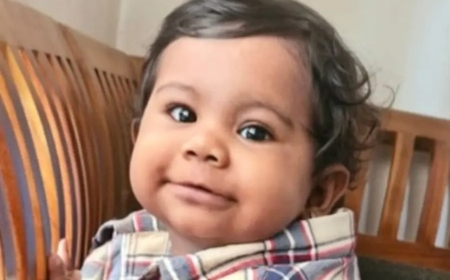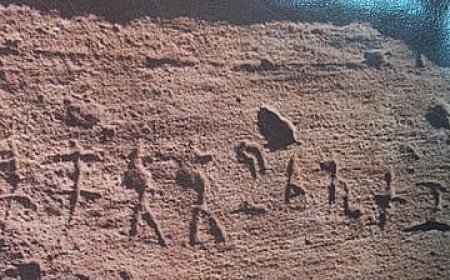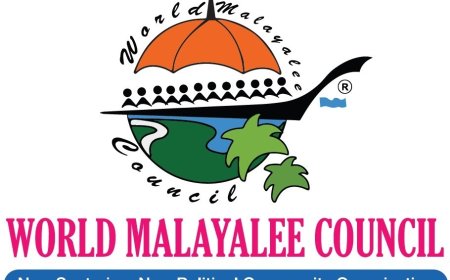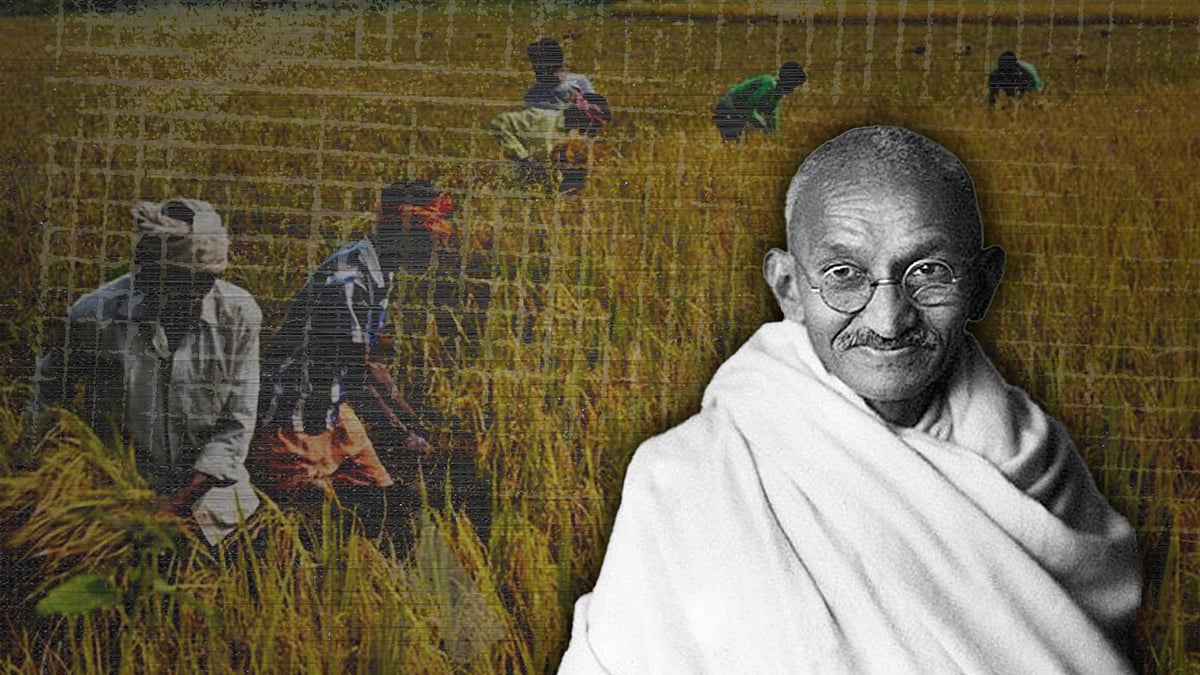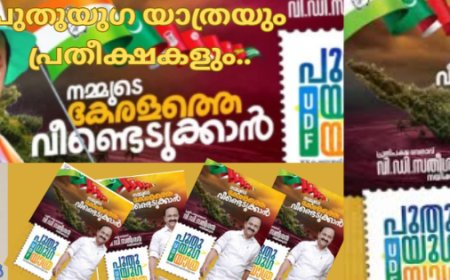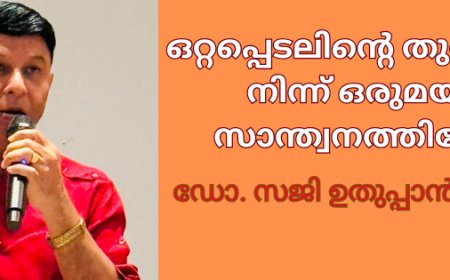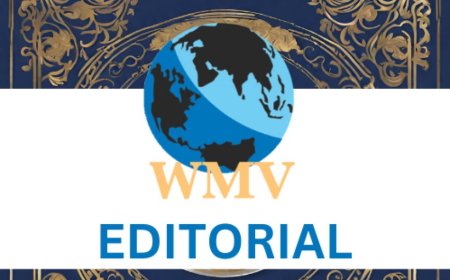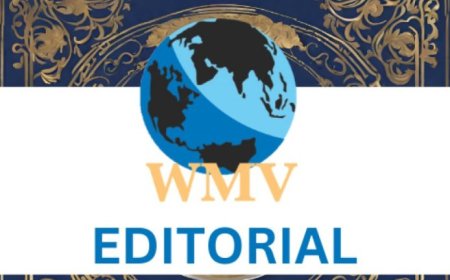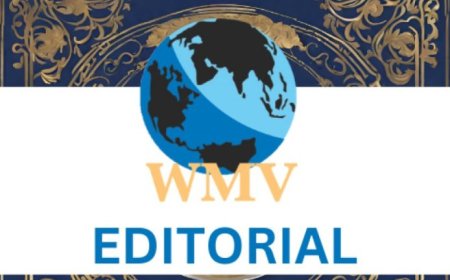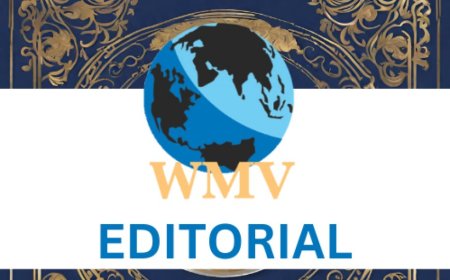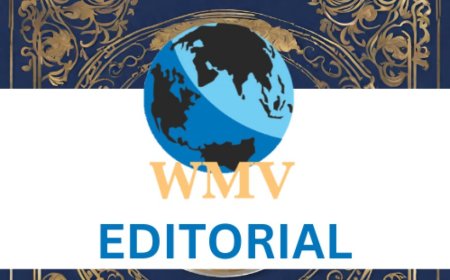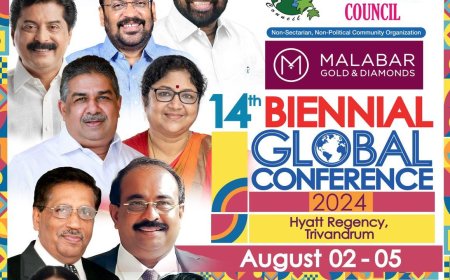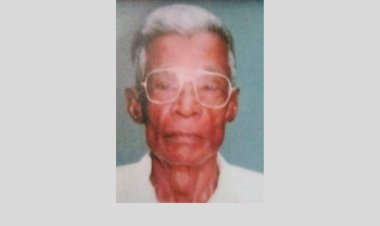Indian elections and the economy
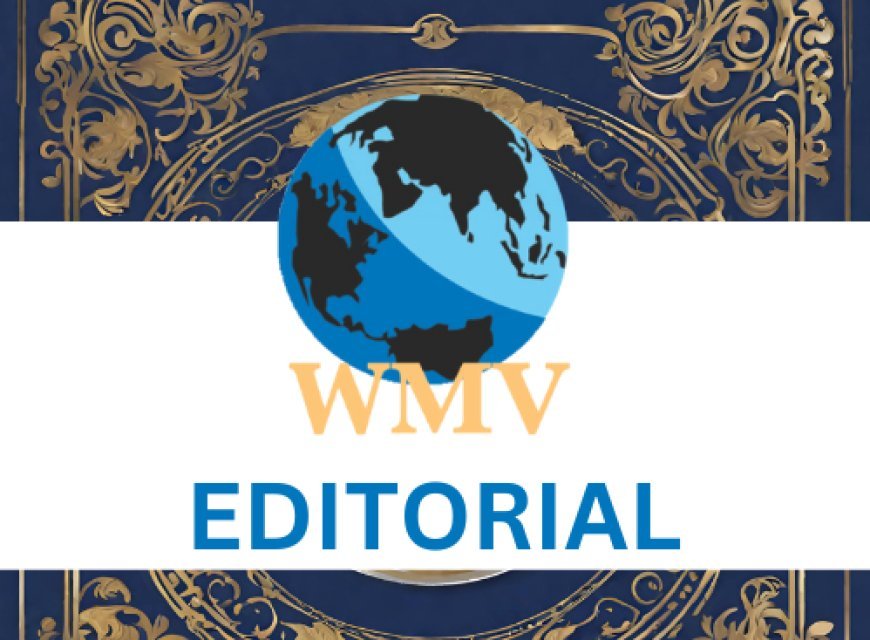
**CONGRATULATIONS NEW MODI GOVERNMENT**
INDIA conducted its Parliamentary elections during six weeks without any major issue and the independent Election Commission of India deserves praise. The Commission said that 60 per cent of the electorate voted, which is a big number considering the election was conducted in seven phases. However, these numbers are consistent with previous elections and democratic processes in other countries.
The ruling party BJP could not get a simple majority and they had to get the support of a few smaller parties to create a majority.
The ruling party and its Prime Minister claimed that India is the fifth largest economic power in the world. I do not know how the GDP or the Gross Domestic Product is calculated. The poverty in India is still at least 30 per cent, the youth unemployment according to several sources is about 45 per cent and inflation is more than 10 per cent. The farmers in India are struggling to make a profit.
Class and caste society is prevalent all over India. There is the upper class with privileges and a high quality of life. Then there is the upper middle class enjoying their wealth and luxury. Then there is the middle class maintaining a comfortable life. The lower middle class as in any other country is trying to make both ends meet. The other 30 per cent of the population live in poverty and one-third of them or 10 per cent of the population live in extreme poverty.
The condition of all developing countries is worse than India and India is now considered a developed nation. The ruling party tried to improve the infrastructure, especially railroads and highways. India gained major advancements in science, medicine and technology as most nations passed through these advancements on a different scale.
The ruling party, which claims to have done many things for the people of India, did not get a majority in the elections because it failed to improve the quality of life of the people and reduce poverty.
The major responsibility of a democratic system of government is to improve the quality of life of the people in various ways. The ruling party failed even though they claimed that the economic status of India in the world changed to a higher level.
When we compare the life of the people in the lower middle class and poor class, we see that it did not happen. We know that many new billionaires and millionaires were created or the rich and upper middle class were evolved. The government’s focus was on making wealth, but it only helped individuals, not the whole population.
India is a democratic socialist country, not a capitalist country where it is survival of the fittest. In capitalist countries, they give opportunities for people to make money through hard work and provide some social welfare for those who cannot come out of poverty. India has no such opportunity except for those who have wealth and connections. India has provided lots of educational opportunities, but there are not enough jobs or opportunities to work hard and make a comfortable living.
The newly formed government needs to change the policies of helping the rich and business people flourish and focus more on farmers and poor villagers. Claiming to be the fifth economic power in the world helped in getting more respect and recognition for India and increased trade and investment in India, which mostly helped the so-called upper class in increasing their wealth and comfort, while 30 per cent of the people of India live without comfort and quality of life.
Ten per cent do not have any comfort or enough food to eat every day. Somehow the ruling party's policies did not focus on the poor Indians and the needs of the farmers who produce the food.
Kerala and the rest of South India are attracting workers from North and North Eastern India because they have much better daily wages. There they get Rs.100 or Rs.150 a day, while in Kerala, they get Rs. 800 or Rs.1000 a day.
The newly sworn-in Government of India is urged to focus on the needs of the farmers and poor people in India while focusing on the development of India and increasing trade and commerce.
Special skill development training for villagers in India needs to be developed and implemented to expose them to the modern world instead of being confined to village life.
Farmers shall be provided with modern technology and support to increase their production and make more profit. Inflation shall be controlled by eliminating high profit-making by persons in internal trade and market.
While building infrastructure to increase trade and commerce, there is a need to build necessary facilities in villages to improve their quality of life.
The government needs separation of state and religion while allowing everybody to follow their religious beliefs. The rights of the minority shall be respected.
